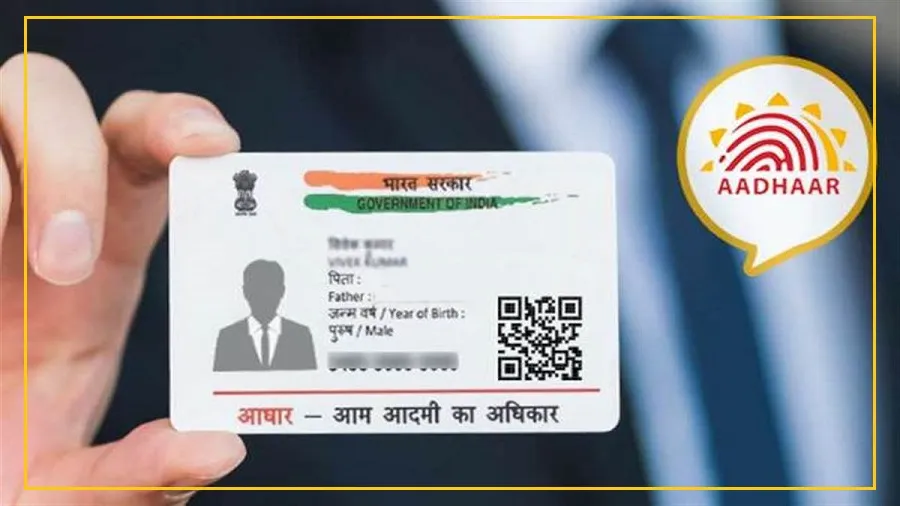Soon, everyday activities like entering a housing society, checking into a hotel, or sitting for exams may require Aadhaar verification.
The Unique Identification Authority of India (UIDAI) is introducing an official offline Aadhaar verification system that uses QR codes and face scans.
Importantly, organisations will no longer need to collect photocopies of Aadhaar cards.
UIDAI says this move will make verification faster, more secure, and reduce misuse of personal data, though digital rights experts warn it could normalize constant identity checks.
Why Offline Verification Is Being Introduced
Traditionally, citizens had to hand over photocopies of Aadhaar cards, a practice that violates the Aadhaar Act and can lead to fraud.
The new QR-based system is designed to replace this with a privacy-focused and safer alternative.
After discussions with 250+ stakeholders including hotel chains, fintech firms, and housing societies, UIDAI said the goal is to provide “a secure, convenient, and privacy-protecting method for identity verification.”
How the System Will Work
The offline verification framework will use:
Secure QR Codes for fast identity checks
Proof of Presence, a face-scan authentication that works offline
A revamped Aadhaar app replacing mAadhaar
Unlike current systems that rely on UIDAI servers, the new model verifies locally, allowing near-instant authentication even in areas with poor connectivity.
Potential uses include:
Hotel check-ins
Housing society and office entry
Exam hall verification for students
Hospital admissions
Workforce checks for cab drivers, delivery staff, and domestic workers
Age verification for restricted products
Entry to events, cinemas, concerts, and stadiums
Travel verification like DigiYatra-style airport flows
Regulations and Rollout
UIDAI is drafting rules for Offline Verification Seeking Entities (OVSEs).
Organisations can apply online, undergo document checks, integrate technically, and pay a small onboarding fee.
The new Aadhaar app is in its final testing phase, with launch expected in the coming months.
The Road Ahead
If widely adopted, offline Aadhaar verification could redefine identity checks across India, making them faster and more secure.
At the same time, it raises important questions about privacy and how often such checks should be required.

























